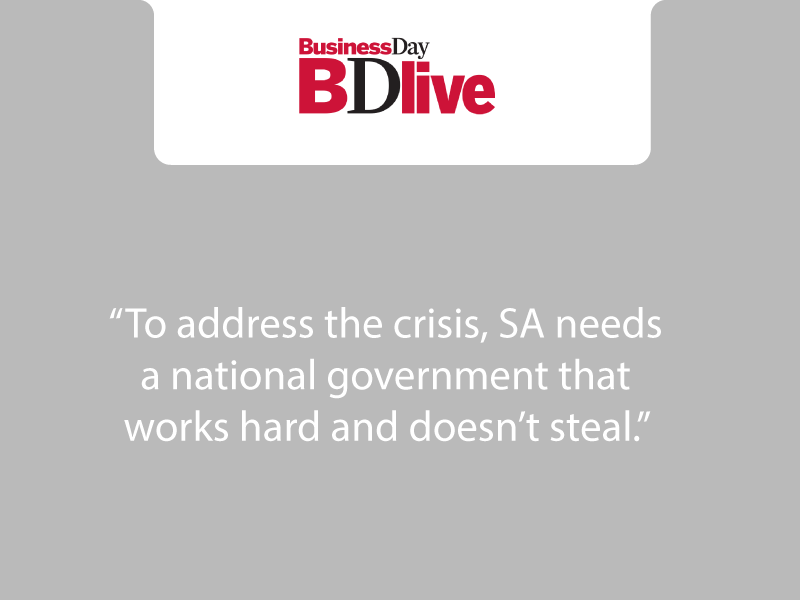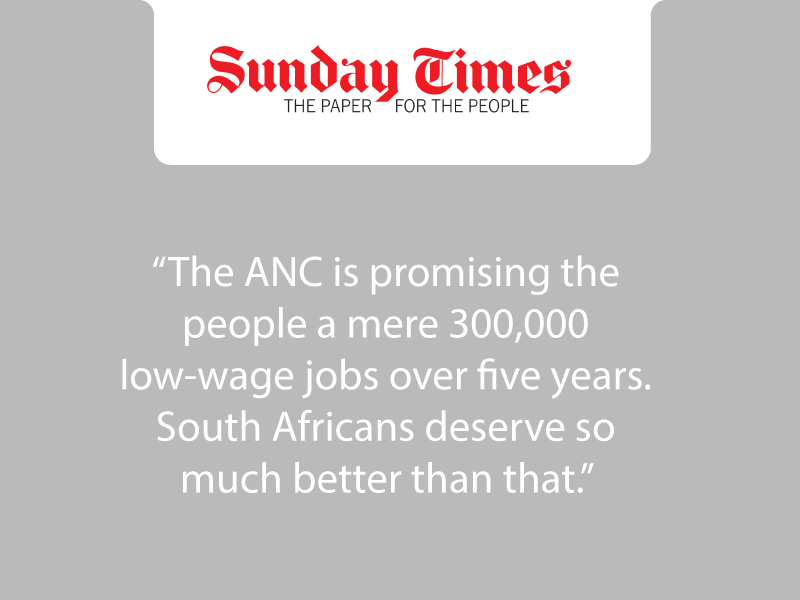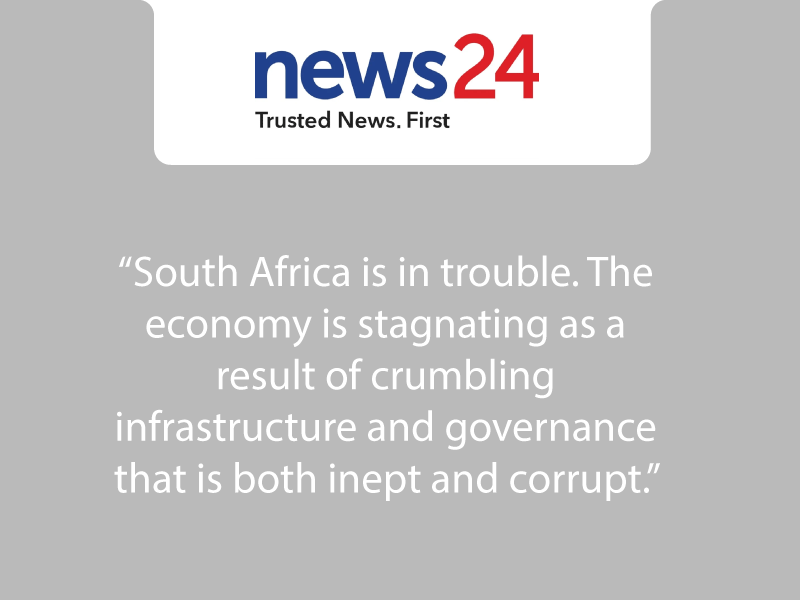
The economic and political success of SA’s cities is not likely to become a reality if they follow the local government white paper proposals now on the table, argues Ann Bernstein.
Private investments and economic competitiveness for the cities is the only way that the poor will ever have access to services on a sustainable basis. In this context the local government white paper’s proposals for metropolitan government are particularly worrying.
The two options put forward presuppose that in the name of efficiency and an undefined notion of redistribution, it is necessary and justifiable to move away from effective powers for established local areas within the metropolis.
The Centre for Development and Enterprise (CDE) is convinced that neither proposed option will provide the reassurances and environment that investors require before undertaking large risk ventures in cities.
The proposals will also undermine democratic accountability. The white paper makes two alternate provisions for the constitution of local government metropolitan areas.
One is for citywide, inclusive metropolitan government, with ward committees. The other is for citywide, inclusive metropolitan government, with decentralisation of functions and powers to substructures.
In both options, only the metropolitan level has original powers, hence in both the degree of influence of the smaller structures is wholly at the discretion of the centralised elected authority.
In non-metropolitan urban local government, the centralised model is prescribed without provisions for any devolution or decentralisation. The proposal for a centralised and overarching local government in metropolitan areas, the “megacity” option – and, indeed, the constitutional provisions for all levels of local government – may provide the basis of the power required for the redistribution of local fiscal resources to promote greater equity; but they also create four major risks:
- The large metropolitan government will be remote from local communities, undermine commitment to the democratic process and reduce the sense of effective participation by communities with a sense of local identity. Recommend provisions to address this need fall far short of the requirements of effective participation;
- Inadequate protection of the rights of ratepayers and citizens as regards quality and maintenance of services which their rates and local levies are intended to finance;
- The sheer size of metropolitan local government, although it may introduce economics of scale in the design of local administration and infrastructure provision, will at the same time lead to counterbalancing inefficiencies, because of the complexity of administration required in very large centralised systems; and
- The entire package of local government will not be able to provide the reassurance that businesses and investors require before undertaking risk ventures in a city or town.
The CDE is therefore opposed to both options for metropolitan government put forward in the white paper.
We are convinced that too many expectations and vague redistributive notions are being loaded onto this form of government. It is essential to separate out the issues involved in this now heated debate.
Local government is the most direct and immediate form of government. It must therefore be as close to citizens as possible.
In large, interconnected urban regions it can be very useful, sometimes essential, to have a metropolitan level of government that provides region-wide services (for instance, water, sewerage, electricity) and performs region-wide functions (land, transport planning). This level of government can be directly elected by the metropolitan electorate or indirectly through local councils.
Four realities
In South African circumstances we have to recognise and deal with four realities:
- The legacy of decades of urban segregation and discriminatory provision of services often at discriminatory prices to the people forced to live in certain parts of the metropolitan region;
- If delivery is to occur at all or at any meaningful scale, we will have to privatise or corporate local or metropolitan wide services.
- The consequences of integrating previously segregated local authorities at the metropolitan and sometimes local level has often led to overstaffing, inefficiency, lack of clarity re roles and job descriptions and as a consequence, enormously wasteful use of resources.
- Successful SA cities will require multiclass and multirace coalitions for growth, development and redistribution (of services and opportunities).
The CDE would therefore be in favour of the following:
- Strong democratically elected (as small as possible) local authorities in the cities with legislatively protected powers and functions (as many as possible appropriate for this level) very clearly differentiated from powers and functions at the metropolitan level of government. They should have taxing powers and should be legislatively constrained with respect to tight financial discipline;
- A small democratically elected metropolitan tier of government with clearly defined and limited powers. Metropolitan councillors should be directly elected;
- Metropolitan-wide service provision could either be provided by the metropolitan tier itself, where it can demonstrate competence; or by private sector utilities or independently governed public entities;
- In general, local authorities must live according to their means – what their citizens can afford. However, because of our history local authorities should also receive infrastructure and service subsidies from central level of government and be allocated to the local level.
- The subsides from the national fiscus can be used by a local authority to buy additional services from the metropolitan level, provide a high quality of service itself or subsidise the prices of such services;
- The CDE would support two mechanisms for redistribution – grants from central to local government in support of democratic institutions and the recurrent cost of basic service provision to the poor. In the case of two-tier systems within metropolitan areas, fiscal equalisation programmes are appropriate to compensate for variations in the rates base between substructures. The aim of such programmes is equal provision and infrastructure on which public resources have been spent or are being spent;
- Provision should also be made for citizens to petition for an issue vote if they are able to mobilise 10% of the relevant vote (at the metropolitan or substructure level) in support of such a referendum.
Enthusiastic leaders
If South Africa cities are to be successful, they will need to be driven by enthusiastic and committed leaders who represent all the core interests present in those cities.
Policymakers must be honest about our weaknesses and must build on our available strengths. Multi-race and multi-class coalitions are essential for the growth and development we all want. The options that are currently on the table preclude economic and political success.
Ann Bernstein is the executive director of the Centre for Development and Enterprise. This article is based on CDE’s response to the white paper on local government.




